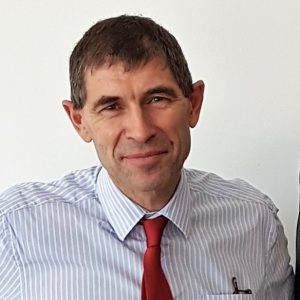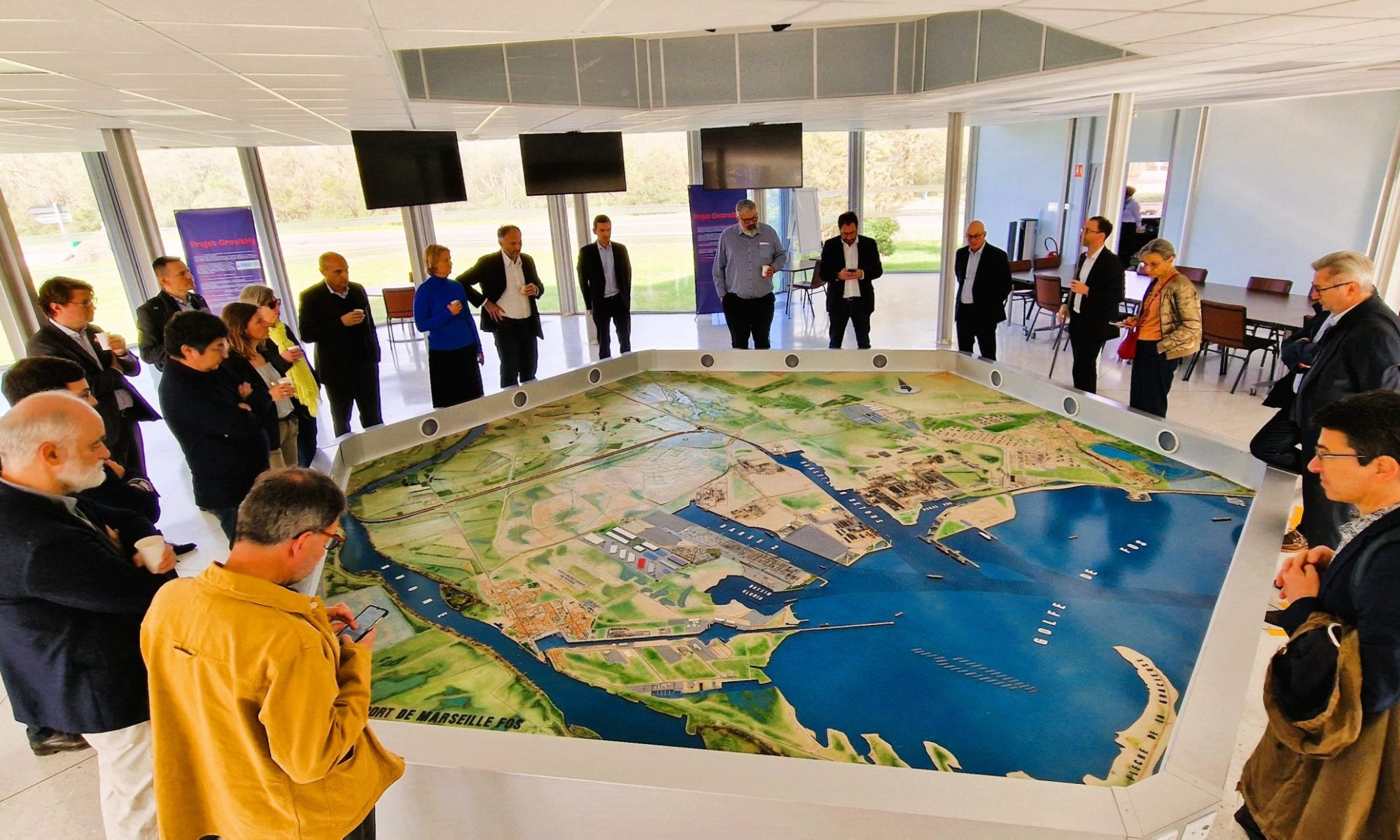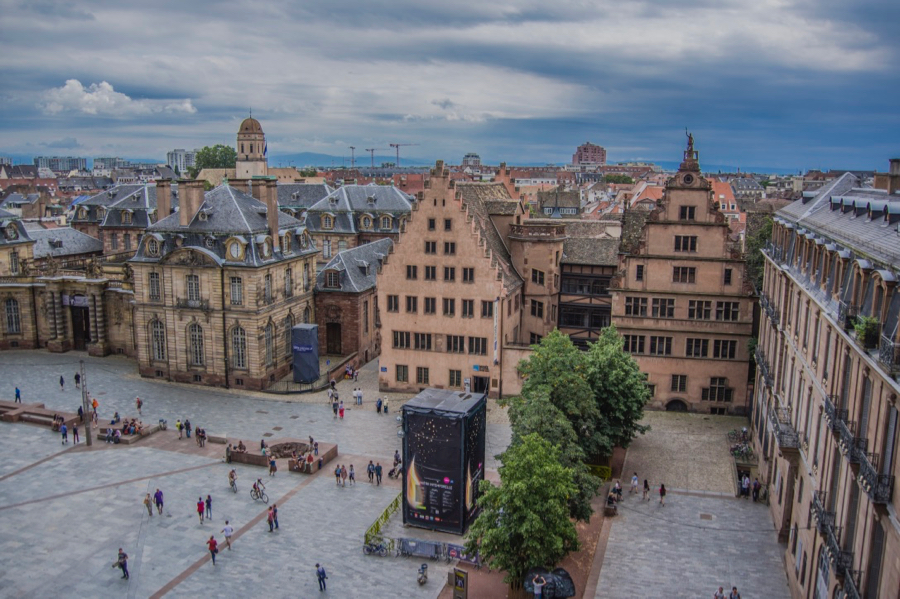Social and regional inclusion of vulnerable populations
Large cities, on the front line in dealing with social exclusion and the influx of migrants, do not have adequate means to handle this issue. The time has come to consider migration as a permanent phenomenon, calling for specific public policies. A short-term, urgent approach is the worst solution.

We had very rich discussions on a subject that challenges us both as responsible professionals and as people with humanist values. It is also drew attention to the need for innovative public policies.
It emerged that progress can only be made under the joint impetus of citizens, elected officials and the administration. In this regard, the mobilization of civil servants of the city of Cologne outside of their working time, along with local residents, in order to take in migrants during the critical period of 2015-2016, says a lot about a mindset that deserves praise. It reminds us of the noble dimension of public service, and what our action and our own work mean.
I also remember something that several of the speakers said: “Letting the situation worsen is never a solution.” Nor is letting it happen, and we must be attentive to all of the signs, and not overlook any of them. Our responsibility as local authorities is sometimes to show a potential way forward without hiding behind rationales based on authority, when they are more of an obstacle than a framework for action.
We must actively take initiatives and not follow along passively. That is why I take this opportunity to call upon my counterparts to join Strasbourg in creating the network of welcoming cities that we are building.
Pierre LAPLANE
Chief executive of the Eurometropole and the City of Strasbourg
PROGRAM
Migrant flows and reception
Immigration policies and how they are enforced in Europe
A comparison between France, Germany, Italy and Spain. Scenarios for today and tomorrow.
> Catherine Wihtol de Wenden, Emeritus Director of Research at CNRS, and member of the SciencesPo International Research Center.
The role of the State in managing immigration
Reception of asylum seekers and follow-up on refugees, coordination and cooperation with local authorities.
> Didier Leschi, Director General of the French Office of Immigration and Integration (OFII)
Processing of migrant populations
Finding consistency between solidarity policy and migration policy. The role of State and local authorities.
> Pierre Henry, Director General of France Terre d’Asile
Receiving and housing migrants and refugees
How the city of Cologne manages refugees
August 2015 – April 2016: Cologne provided housing for more than 5,000 refugees thanks to very strong mobilization.
> Gabriele Klug, Stadtkämmerin of the City of Cologne (1st Deputy-Mayor in charge of finance and Director of Finance)
Housing of vulnerable groups in Stockholm: challenges and opportunities
> Fredrik Jurdell, Vice-Chief Executive of the City of Stockholm, in charge of reception, integration and social protection of “newcomers”
Barcelona’s commitment to the social rights of immigrants and refugees
In 2015, the City made notable efforts to receive and assist migrants despite a lack of support from the State.
> Ricard Fernández Ontiveros, Deputy Director in charge of Social Rights (Social Affairs) for the City of Barcelona
The role of the local authorities of the Brussels-Capital Region in receiving migrants
The 19 communities around Brussels are on the front line in managing the social problems these populations face.
> Rochdi Khabazi, Managing Director of the Brussels-Capital Region Local Authorities Department
Social action in local areas
The relationship between a metropolitan area and solidarity organizations
Collaboration and outreach.
> Jean-Claude Gondard, Chief Executive of the Aix-Marseille-Provence metropolitan area and the City of Marseille
The SRADDET plan of France’s Grand Est Region
The territorial planning, sustainable development and regional equality program (SRADDET), a tool to reduce regional disparities.
> François Bouchard, Chief Executive of the Grand Est Region
Inclusion of migratory Romani families in Strasbourg
Clearance of a slum and comprehensive action in terms of healthcare, schooling, cultural action, and access to jobs and housing.
> Yves Aubert and Maud Renon, Strasbourg Eurometropole
TAST’in Fives
An innovative program to promote social inclusion and fight urban poverty through a new social and economic model.
> Michel Vayssié, Chief Executive of the City of Lille

